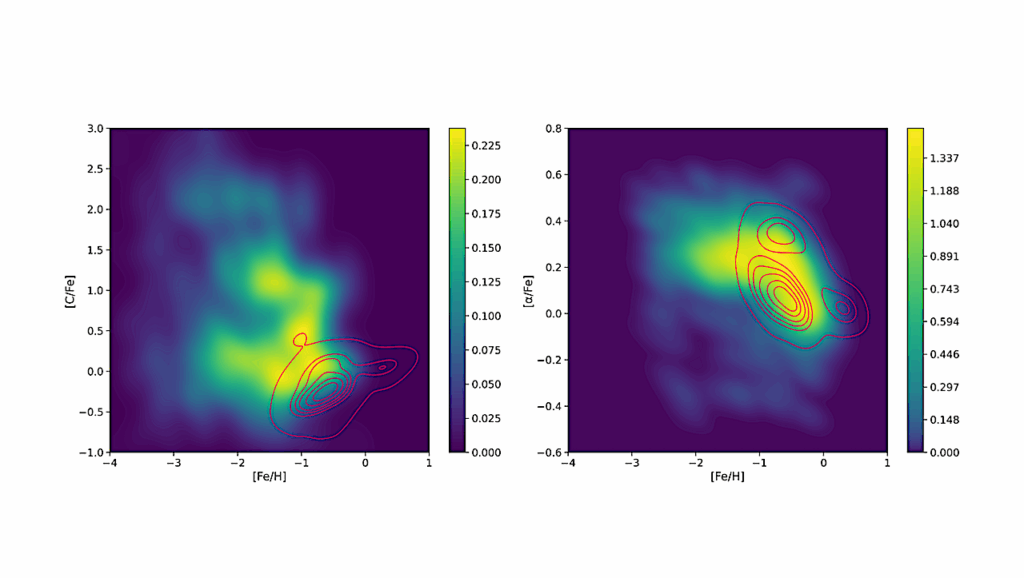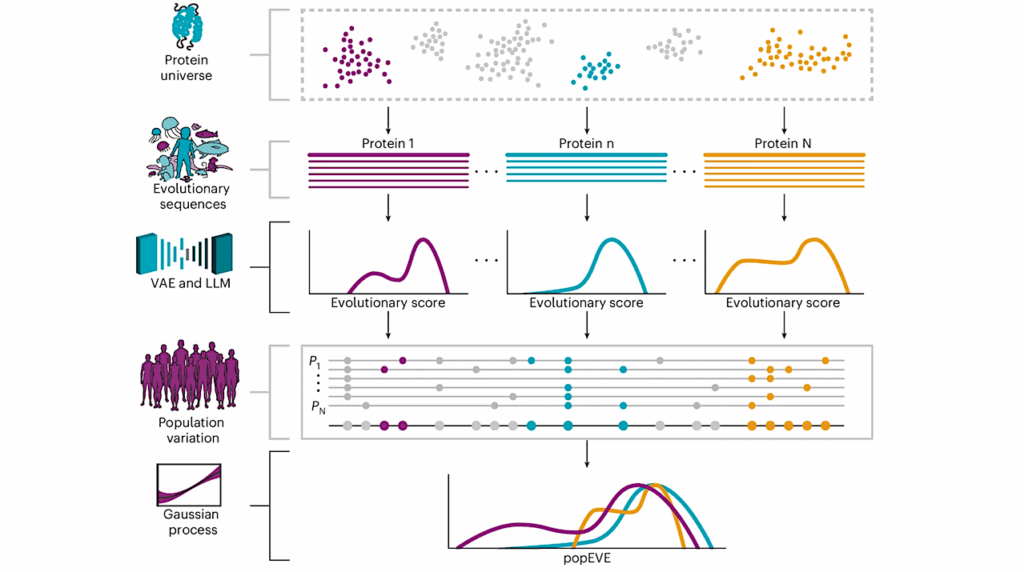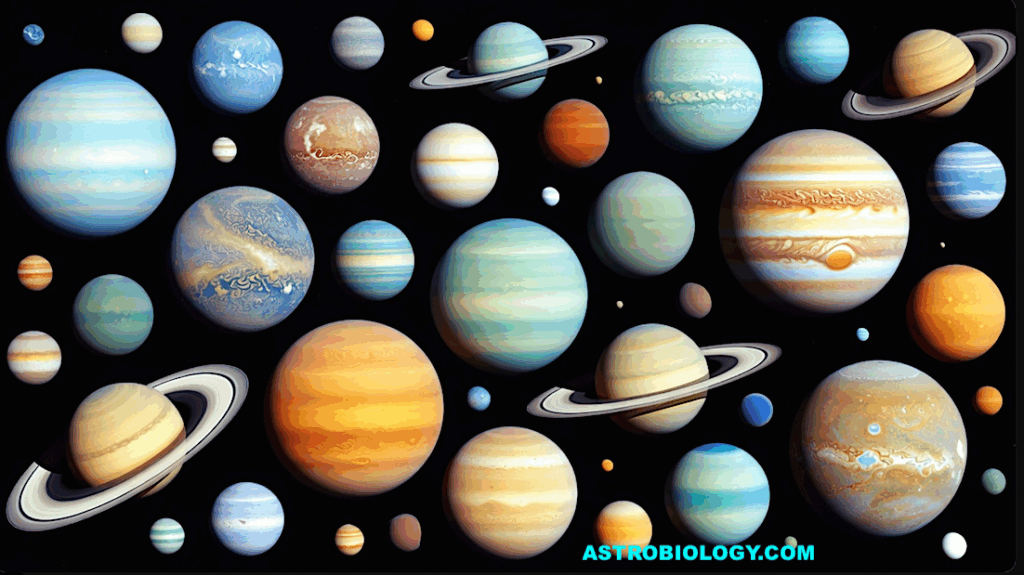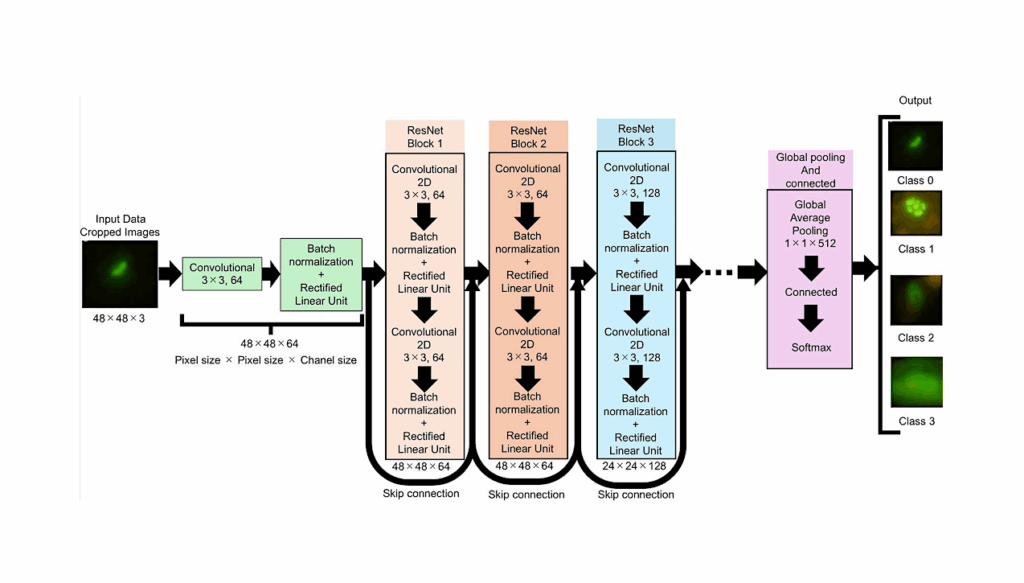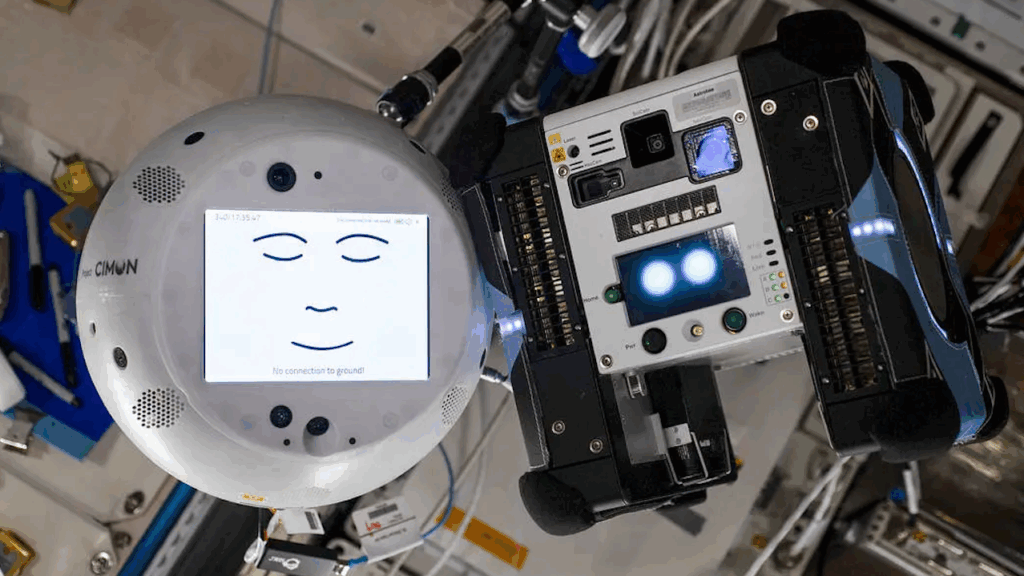The Exoplanet Citizen Science Pipeline: Human Factors and Machine Learning

We present the progress of work to streamline and simplify the process of exoplanet observation by citizen scientists.
International collaborations such as ExoClock and Exoplanet Watch enable citizen scientists to use small telescopes to carry out transit observations. These studies provide essential supports for space missions such as JWST and ARIEL.
Contributions include maintenance or recovery of ephemerides, follow up confirmation and transit time variations. Ongoing observation programs benefit from a large pool of observers, with a wide variety of experience levels.
Our projects work closely with these communities to streamline their observation pipelines and enable wider participation. Two complementary approaches are taken: Star Guide applies human-centric design and community consultation to identify points of friction within existing systems and provide complementary online tools and resources to reduce barriers to entry to the observing community.
Machine Learning is used to accelerate data processing and automate steps which are currently manual, providing a streamlined tool for citizen science and a scalable solution for large-scale archival research.
Oisín Creaner, Anna Preis, Cormac Ryan, Nika Gorchakova
Comments: Author’s manuscript version of paper accepted for publication in Proceedings of the International Astronomical Union, published by Cambridge University Press. Presented at Kavli-IAU Symposium 2024 “(Toward) Discovery of life beyond Earth and its impact”. 5 pages, 2 figures
Subjects: Instrumentation and Methods for Astrophysics (astro-ph.IM); Earth and Planetary Astrophysics (astro-ph.EP); Machine Learning (cs.LG)
Cite as: arXiv:2503.14575 [astro-ph.IM] (or arXiv:2503.14575v1 [astro-ph.IM] for this version)
https://doi.org/10.48550/arXiv.2503.14575
Focus to learn more
Submission history
From: Oisín Creaner
[v1] Tue, 18 Mar 2025 15:54:00 UTC (290 KB)
https://arxiv.org/abs/2503.14575
Astrobiology,



